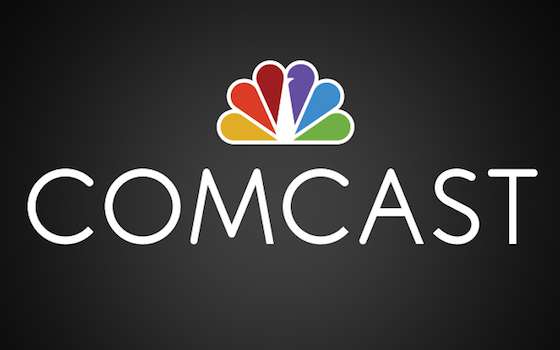- MENU
- HOME
- SEARCH
- VIDEOS
- WORLD
- MAIN
- AFRICA
- ASIA
- BALKANS
- EUROPE
- LATIN AMERICA
- MIDDLE EAST
- United Kingdom
- United States
- Argentina
- Australia
- Austria
- Benelux
- Brazil
- Canada
- China
- France
- Germany
- Greece
- Hungary
- India
- Indonesia
- Ireland
- Israel
- Italy
- Japan
- Korea
- Mexico
- New Zealand
- Pakistan
- Philippines
- Poland
- Russia
- South Africa
- Spain
- Taiwan
- Turkey
- USA
- BUSINESS
- WEALTH
- STOCKS
- TECH
- HEALTH
- LIFESTYLE
- ENTERTAINMENT
- SPORTS
- RSS
- iHaveNet.com: Economy

Antitrust Laws Potentially Useful in New Gilded Age
by Robert Reich
We're in a new Gilded Age of wealth and power similar to the first Gilded Age, when the nation's antitrust laws were enacted. Those laws should prevent or bust up concentrations of economic power that not only harm consumers but also undermine our democracy -- such as
In 1890, when Republican Sen. John Sherman of Ohio urged his congressional colleagues to act against the centralized industrial powers that threatened America, he didn't distinguish between economic and political power because they were one and the same. "If we will not endure a king as a political power," Sherman thundered, "we should not endure a king over the production, transportation and sale of any of the necessaries of life."
Shortly thereafter, the Sherman Antitrust Act was passed by the
In many respects America is back to the same giant concentrations of wealth and economic power that endangered democracy more than a century ago. The floodgates of big money have been opened even wider in the wake of the
Seen in this light,
Opponents argue that the combination will give consumers fewer choices, resulting in higher cable and Internet bills.
I think the opponents have the better argument. Internet service providers in America are already too concentrated, which is why Americans pay more for Internet access than the citizens of almost any other advanced nation.
But Washington should also examine a larger question beyond whether the deal is good or bad for consumers: Is it good for our democracy?
If Sen. John Sherman were alive today, he'd note that
Of that total, $1,346,410 has gone individual politicians, including John Boehner, Mitch McConnell and Harry Reid; $323,000 to leadership PACs; $278,235 to party organizations; and $261,250 to super PACs.
Last year,
Nor is
When any large corporation wields this degree of political influence, it drowns out the voices of the rest of us, including small businesses. The danger is greater when such power is wielded by media giants who can potentially control the marketplace of ideas on which a democracy is based.
When two such media giants merge, the threat is extreme. If filmmakers, television producers, directors and news organizations have to rely on
In America's first Gilded Age, a young Teddy Roosevelt castigated the "malefactors of great wealth, who were "equally careless of the working men, whom they oppress, and of the state, whose existence they imperil."
It's that same equal carelessness toward average Americans and toward our democracy that ought to be of primary concern to us now. Big money that engulfs government makes government incapable of protecting the rest of us against the further depredations of big money.
After becoming president in 1901, Roosevelt used the Sherman Act against 45 giant companies, including the giant
In this new Gilded Age, we should remind ourselves of a central guiding purpose of America's original antitrust law, and use it no less boldly.
WORLD | AFRICA | ASIA | EUROPE | LATIN AMERICA | MIDDLE EAST | UNITED STATES | ECONOMY | EDUCATION | ENVIRONMENT | FOREIGN POLICY | POLITICS
Article: Copyright ©, Tribune Content Agency.
"Antitrust Laws Potentially Useful in New Gilded Age"